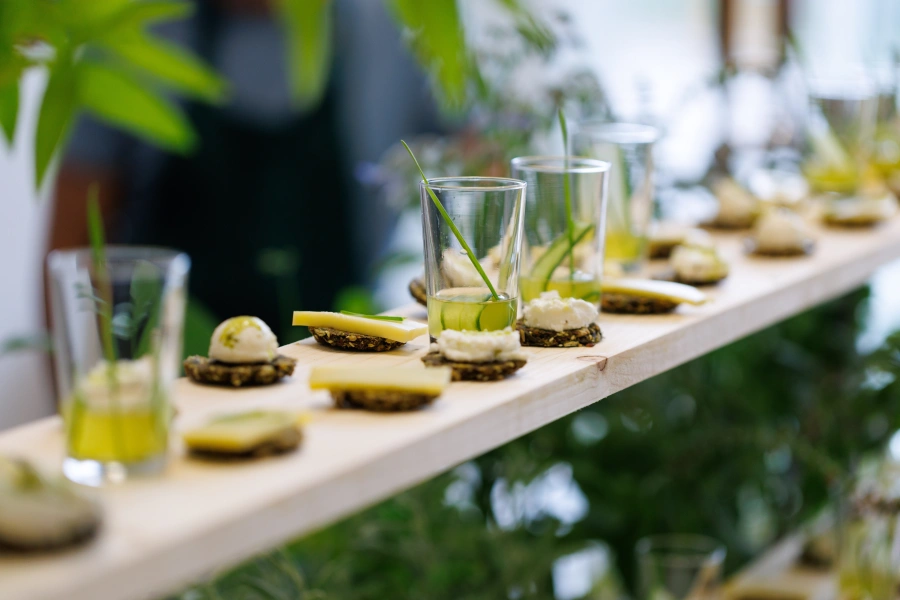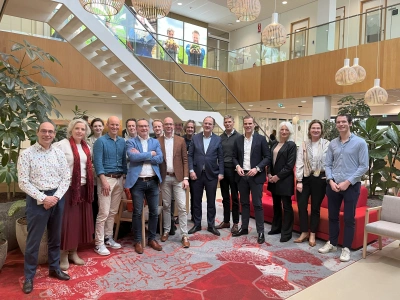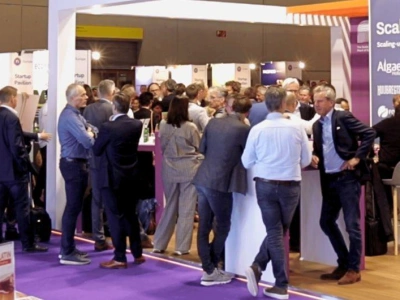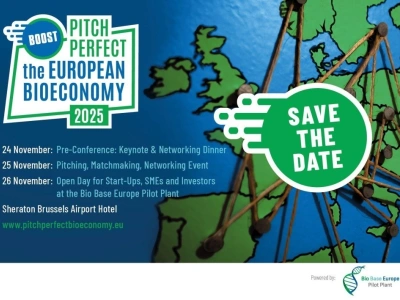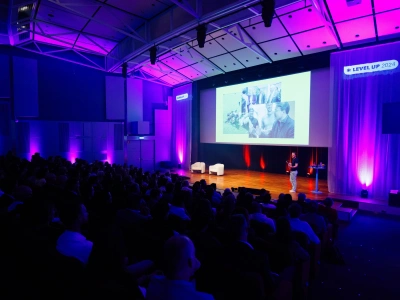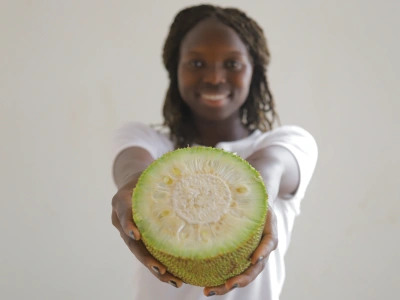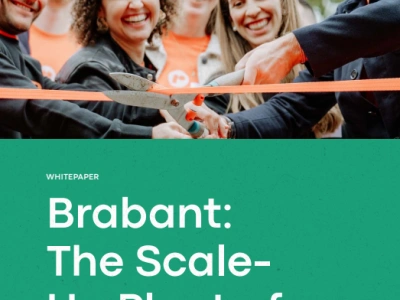Why?
Because innovative plant-based ingredients make products more sustainable and healthier. Think of minced meat enriched with fibers from sugar beets or with Van Loon Group's FiberFort™ fiber, made from fava bean protein and pea protein. Such hybrid products ensure a better balance between plant-based and animal-based, without compromising on taste or price.
That balance is urgently needed. Food production causes a third of the worldwide climate impact. Meat and dairy emit more than twice the greenhouse gases as plant-based food. Hybrid products can significantly reduce that impact.
Top five in Europe
More and more producers, retailers, and governments recognize that hybrid food can play a key role in the food transition. Innovative plant-based ingredients form the basis of hybrid products. At BOM, we are also on board. Under the motto ‘Brabant: the Scale-Up Plant of Europe’ we want to accelerate the transition.
Brabant: The Scale Up Plant of Europe is an ambition and an initiative of the Province of Noord-Brabant, Rewin and BOM. We respond to the need for a place for pilots, tests, and scaling up. We bring together expertise, facilities, networks, suppliers, and capital. This enables companies to safely and efficiently develop innovations in plant-based ingredients and prepare them for commercial production.
Brabant is an excellent place for this. The region has a strong agro-food sector and leading knowledge institutions. In addition, there is a strong manufacturing industry and a rapidly growing ecosystem of innovative companies. Everything is in place to go from idea to impact. The goal is to bring Brabant into the European top five as the scaling-up location for plant-based food tech innovations for a circular and sustainable food system.
Momentum
There is momentum now. This was evident during the Scale-Up event. “Multiple parties are fully committed to the protein transition, where in the future we eat fewer animal proteins and more plant-based ones,” observed Jan Willem Smits, business developer at Van Loon Group.
Supermarkets are already setting direction: Lidl sells hybrid ground meat, Albert Heijn introduced a complete hybrid product line. Their ambition is clear: by 2030, 60% of the proteins sold should be plant-based. Currently, it's around 44%.
The consumer is also gradually stepping in. Research by PanelWizard commissioned by ABN Amro shows that a third of the Dutch are willing to try hybrid dairy. In Belgium, Lidl's hybrid meat is a success. A quarter of the burgers sold and even a third of the ground meat sold at Lidl in Belgium is hybrid.
Innovation in Brabant
Brabant can accelerate that success. The province has a strong network of companies developing new plant-based ingredients. Cosun, for example, extracts proteins from sugar beets. “We really extract everything from that plant,” said Nicole Timmerman from Cosun during the Scale-Up event. “After removing the sugar, we reuse as many residual streams in the food chain as possible.”
FiberFoods from Oss is also innovating extensively with jackfruit. Their product PrimeJack is found, for instance, in the plant-based McKroket from McDonald’s. “We are also looking at where we can use our jackfruit outside the Netherlands,” says Lot van Luyken from FiberFoods.
Collaborate?
Call or email our team. We are happy to assist you.
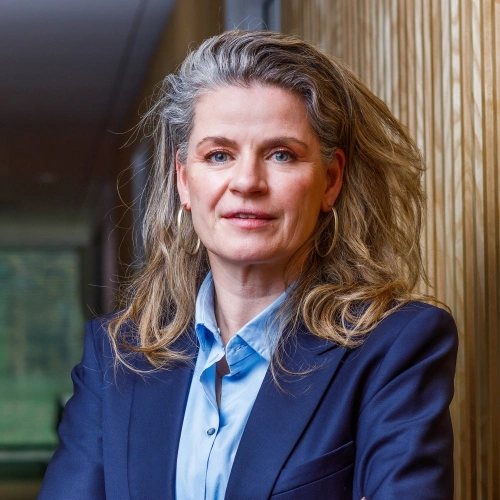

Thijs Taminiau


Collaboration as an accelerator
These examples show: Brabant has the knowledge, companies, and location to accelerate the food transition. However, there is room for improvement. During the event, it became clear that startups often work alongside each other instead of with each other.
Gideon Dexel, Chief Growth Officer at FiberFoods, succinctly and bluntly expressed the core: “Everyone experiments with their ingredients. Horizontally bringing together food startups is difficult: we are competitors after all. But if we share testing facilities and develop ingredients together, we can progress much faster.”
Getting down to business
Therein lies an opportunity: by sharing knowledge and seeking collaboration, companies do not need to reinvent the wheel repeatedly. The Scale-Up event made it clear that we have already taken significant steps, but also that much work still lies ahead. Therefore, BOM actively collaborates with the network and initiates various initiatives.
We will engage in 'kitchen sessions', organize inspiration sessions in the kitchen, and go on company visits together. We are not only talking about knowledge sharing. We are doing it. We will also ensure that Brabant facilities for product development and scaling are accessible to entrepreneurs who want to grow. Furthermore, we will explore where we can deploy a joint lobby to remove barriers to scaling.
To continuously connect the entire chain, we organize the Scale-Up event every year. For the upcoming edition, we are considering a new format based on the needs of the attending companies. Think of a Brabant Food Ingredients fair, where producers can present themselves, and new collaborations can arise. This way, we are building Brabant step by step as the Scale-Up Plant of Europe and accelerating the food transition together.
